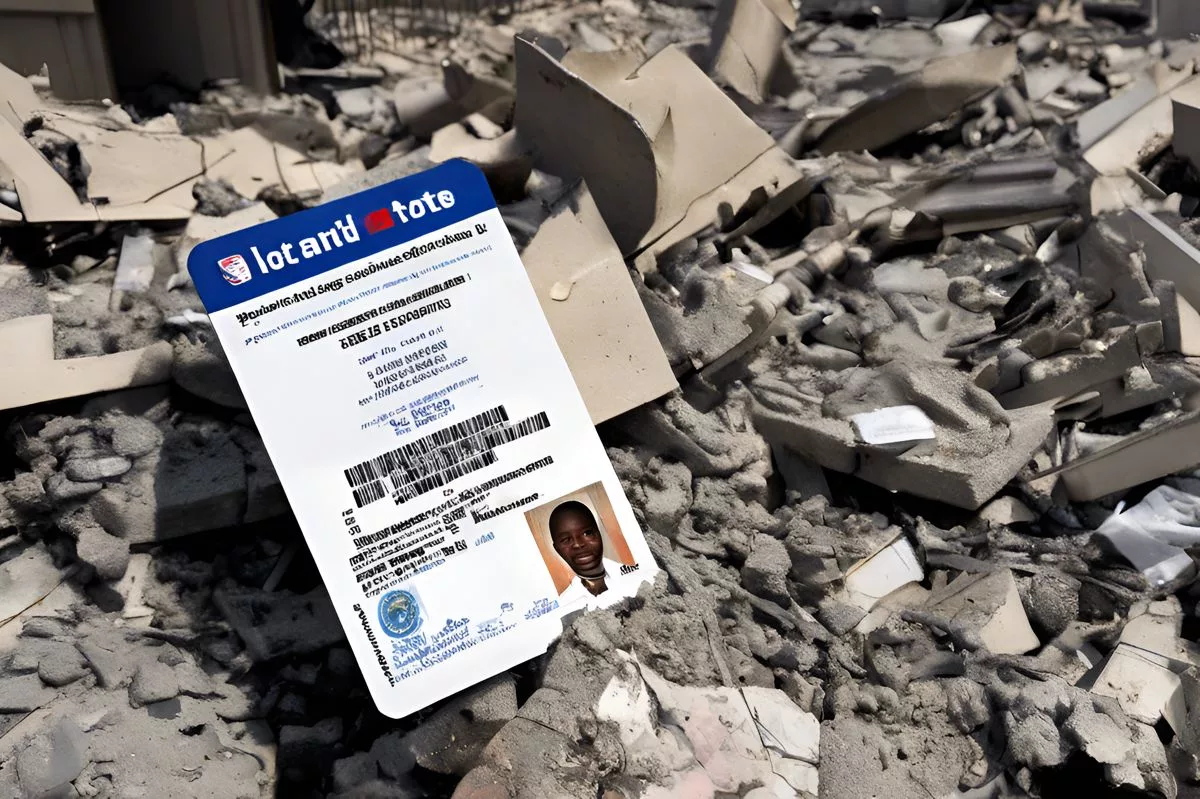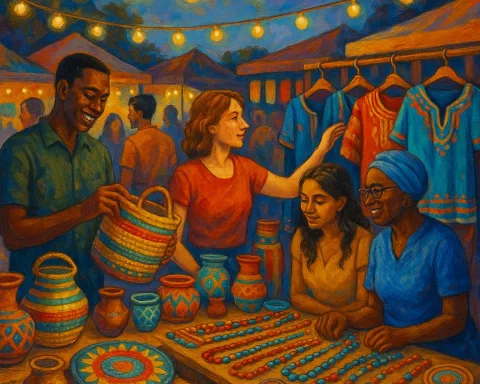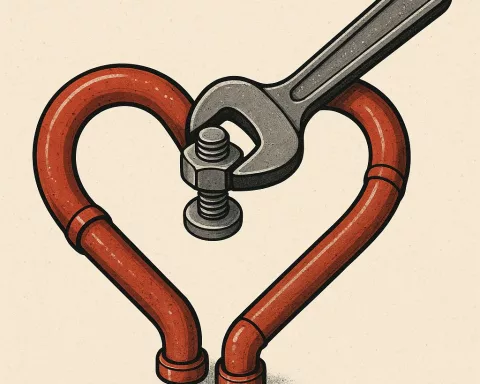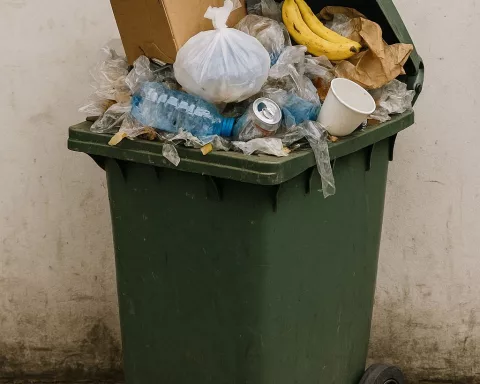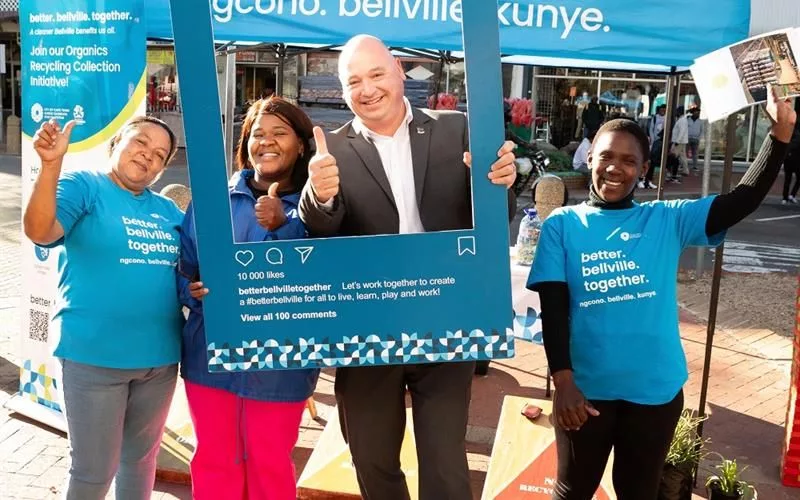A devastating fire destroyed over 150 shacks in the unstructured settlement of Doornbach, leaving approximately 360 residents without homes and identification documents. As a result, they are unable to cast their votes in the upcoming elections, with the Department of Home Affairs failing to issue temporary IDs. Doornbach residents already struggle with poor living conditions, with uncollected garbage attracting rats and flies, and their fight for basic acknowledgement continues amid the blame game between Home Affairs and the City of Cape Town.
Can Doornbach residents vote in the upcoming elections after the tragic fire?
The loss of identification documents in the fire has left approximately 360 residents of Doornbach without a home and the ability to cast their vote in the upcoming elections. The Department of Home Affairs has failed to issue temporary IDs, leaving residents’ voices suppressed and their fight for basic acknowledgement enduring.
Section 1: The Tragic Fire of Doornbach
Nestled deep within Doornbach, an unstructured settlement in Cape Town, the bitter truths of existence are vividly exposed. Tragedy of an enormous scale descended upon this community on May 6th. A fierce and all-consuming fire ravaged, wiping out more than 150 shacks and leaving approximately 360 residents without a home. The flames, unselective and full of wrath, not only demolished homes but also incinerated the residents’ identification documents.
The aftermath of this catastrophe is multi-layered, but for the dwellers of Doornbach, the most pressing implication is the loss of their democratic privilege to cast their vote in the upcoming elections. In the absence of identification, their already suppressed voices are at risk of being further muted.
Zolile Qina, a denizen of the settlement since 2000, deeply regrets this scenario. For him, the forthcoming elections will mark an undesired first: the first instance where he will be unable to cast his vote since the birth of democracy in 1994. Together with his family of five, Qina lost everything in the ferocious fire, aside from three bags of clothes they managed to recover from the wreckage. However, Qina’s despair extends beyond his personal calamity to his dissatisfaction with the living conditions he shares with the rest of Doornbach’s residents.
Section 2: The Harsh Realities of Life in Doornbach
According to Qina, the settlement is a place where human dignity is relegated to the back burner. In the shadow of the affluent and hailed city, the residents of Doornbach share their living space with rats and flies, a consequence of uncollected garbage. The promise of an improved quality of life, perpetuated by each election cycle, remains a distant, unrealized dream. Qina’s wife, Nomagirls, resonates with his feelings. Having consistently voted since 1999, she will also abstain from participating in the election, as her ID was consumed by the fire.
Mbuyisi Yawa, another victim of the fire, intensifies this shared sentiment. Robbed of all his possessions in the fire, including his ID, Yawa feels the void of any concrete benefits from casting his vote. Although he previously supported the ANC, he sees no reason to do so now, particularly without the necessary identification.
Section 3: The Blame Game and Its Consequences
Post the fire disaster, the Department of Home Affairs, typically known to dispatch a mobile unit to issue temporary IDs in such circumstances, has been notably missing. According to Siya Qoza, the spokesperson of Home Affairs, the City of Cape Town failed to fulfil its responsibilities. Qoza insists that the City neglected to submit a list of fire victims to the Department, a routine protocol after such an incident.
However, the City vehemently denies this allegation, insisting they did submit the required list. Charlotte Powell, the spokesperson for the City’s Disaster Risk Management, maintains they reported the disaster and sent a complete list of victims, including children. She cites a reference number, SR33235, to reinforce her statement.
Section 4: The Waiting Game and Uncertain Future
As the finger-pointing continues, the residents of Doornbach, trapped in the dispute, continue to wait, their optimism fading with every passing hour. As their chances of acquiring temporary IDs diminish, so does their likelihood of participating in the future elections. The indirect consequences of the fire extend far and wide, and for the residents of Doornbach, the fight for basic acknowledgement, both in the literal and figurative sense, endures.
1. What happened in the Doornbach tragedy?
A devastating fire destroyed over 150 shacks in the unstructured settlement of Doornbach, leaving approximately 360 residents without homes and identification documents.
2. Can Doornbach residents vote in the upcoming elections after the tragic fire?
The loss of identification documents in the fire has left approximately 360 residents of Doornbach without a home and the ability to cast their vote in the upcoming elections. The Department of Home Affairs has failed to issue temporary IDs, leaving residents’ voices suppressed and their fight for basic acknowledgement enduring.
3. What are the living conditions like in Doornbach?
The settlement is a place where human dignity is relegated to the back burner. In the shadow of the affluent and hailed city, the residents of Doornbach share their living space with rats and flies, a consequence of uncollected garbage.
4. What is the cause of the dispute between the Department of Home Affairs and the City of Cape Town?
The Department of Home Affairs alleges that the City of Cape Town failed to submit a list of fire victims to the Department, a routine protocol after such an incident. However, the City denies this allegation and maintains they did submit the required list.
5. What are the consequences of the Doornbach tragedy?
The aftermath of this catastrophe is multi-layered, with residents losing their homes, identification documents, and their democratic privilege to cast their vote in the upcoming elections. The fight for basic acknowledgement continues amid the blame game between Home Affairs and the City of Cape Town.
6. What is the future for the residents of Doornbach?
As the finger-pointing continues, the residents of Doornbach, trapped in the dispute, continue to wait, their optimism fading with every passing hour. As their chances of acquiring temporary IDs diminish, so does their likelihood of participating in the future elections. The fight for basic acknowledgement, both in the literal and figurative sense, endures.

